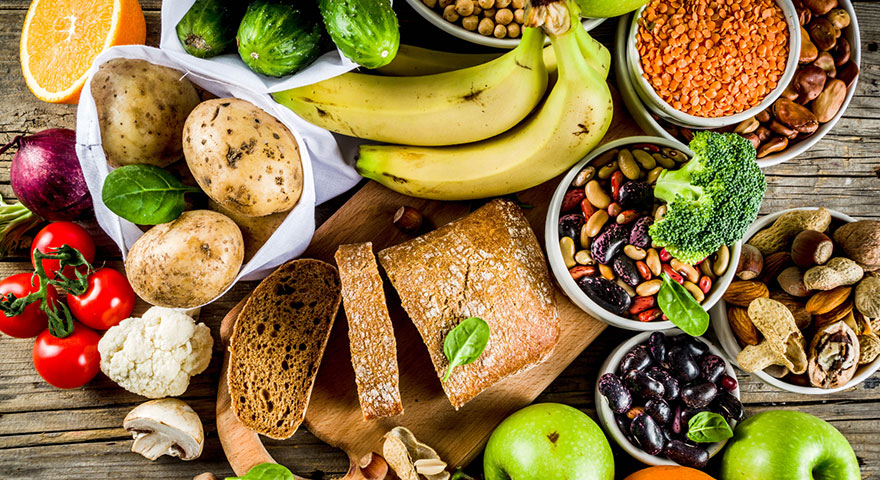The role of nutrition in performance recovery

Posted: September 6, 2024
Recovery is essential to restore your body physically and mentally after training. Without proper recovery, you increase the risk of poor performance, overuse injuries and health issues.
When you think of performance recovery, you may think of stretching or wearing compression garments. But how you fuel your body following a workout is equally important.
Post-training nutrition
Quick and sufficient recovery can improve your performance by enhancing your training quality and tolerance. After a long or strenuous training session, it’s critical to replenish your fluids (water), electrolytes (sodium), carbohydrates and protein within 60 minutes to aid in muscle rebuilding and recovery.
Hydration
When you exercise, fluids and electrolytes leave your body through sweat. Electrolytes are positive or negative ions that form when minerals such as sodium are mixed with water. They help maintain necessary functions in your body.
Hydrating after your workout will prevent muscle cramps, decrease the risk of swelling, support digestion and maintain your body temperature. It will also help you avoid headaches, nausea, fatigue or dizziness.
For your post-workout drink, choose water or a sports drink (a great source of electrolytes and carbohydrates in addition to fluids). Avoid soda and caffeine.
Carbohydrates
Carbohydrates such as sugar, fiber and starch are your body’s source for fuel. These nutrients are broken down by your digestive system and absorbed into your bloodstream to become glucose. When your body releases insulin, the glucose gives your cells energy.
There are two categories of carbohydrates – complex and simple. Go for the complex carbohydrates, which are found in whole grains, fruits and vegetables. They take longer to break down and won’t cause your blood sugar to spike.
Eat carbohydrates 30 to 60 minutes after a workout to refuel your energy.
Protein
Protein keeps your muscles, tissues and bones healthy. It also keeps you full and focused throughout the day to avoid cravings that will spike your blood sugar.
Energy bars, cheese, beef jerky, Greek yogurt, fruits and nuts are perfect for on-the-go post-workout snacks. And protein supplements such as protein powders are also a convenient option.
Eating a meal that has protein and carbohydrates within 60 minutes after a workout will give your body a variety of nutrients it needs to recover.
Sleep and nutrition
Sleep is also part of your performance recovery, and the foods you eat before bed can affect how well you sleep. Avoid eating foods high in fat and sugar. These foods can keep you from falling asleep and leave you feeling sluggish in the morning.
You should also avoid eating a meal at least three hours before bed. This gives your stomach enough time to digest the food, so it won’t keep you awake. If you need a nighttime snack, choose healthy options that promote sleep like yogurt, cottage cheese, oatmeal or popcorn.
Athletes participating in daily high-intensity workouts should get between seven and nine hours of sleep to aid in muscle recovery, prevent illness and improve memory. The benefits of sleep, along with healthy eating habits, will help you perform at your best the next day.
Make nutrition the focus of your performance recovery. If you need help putting together a plan, check out our sports nutrition services.




